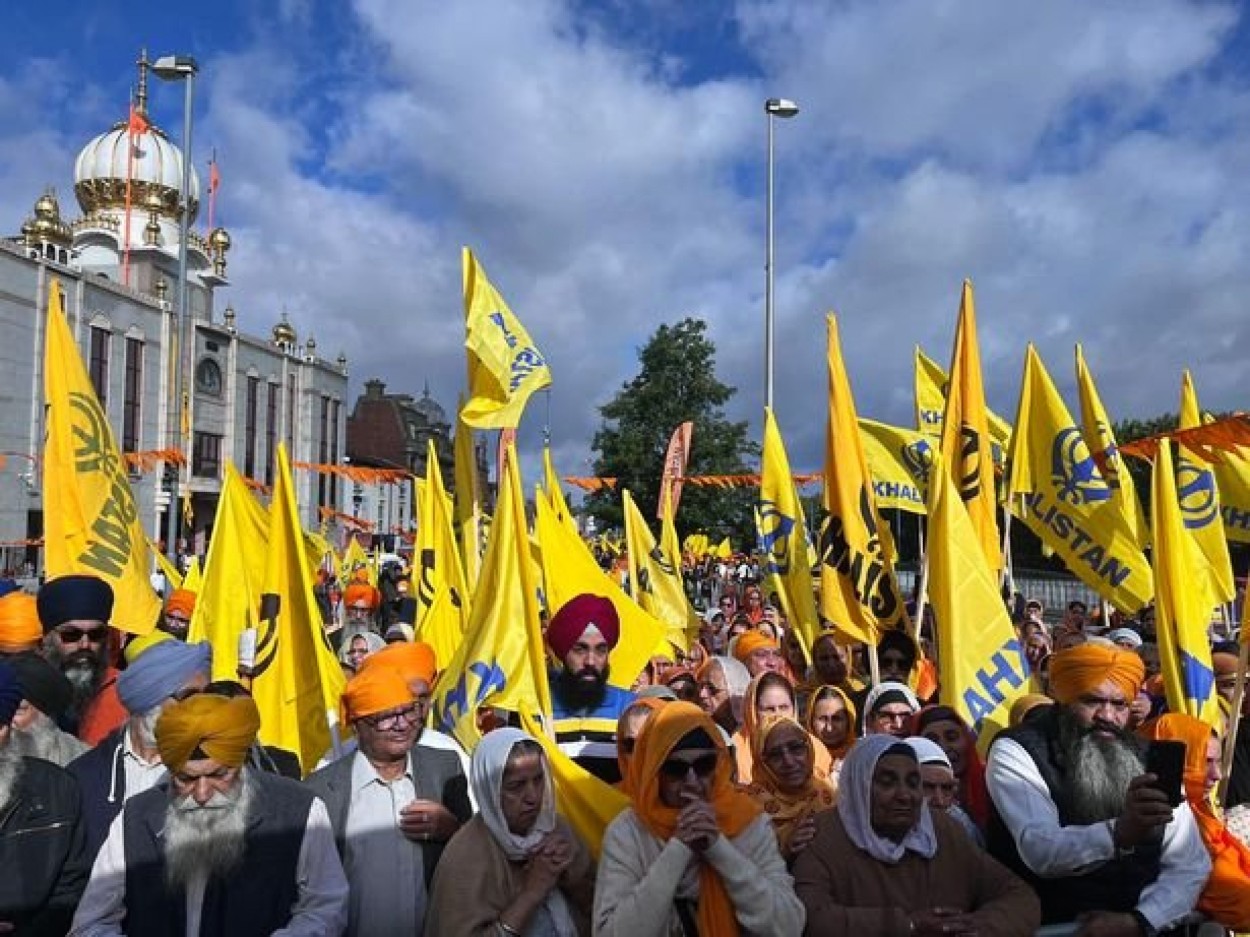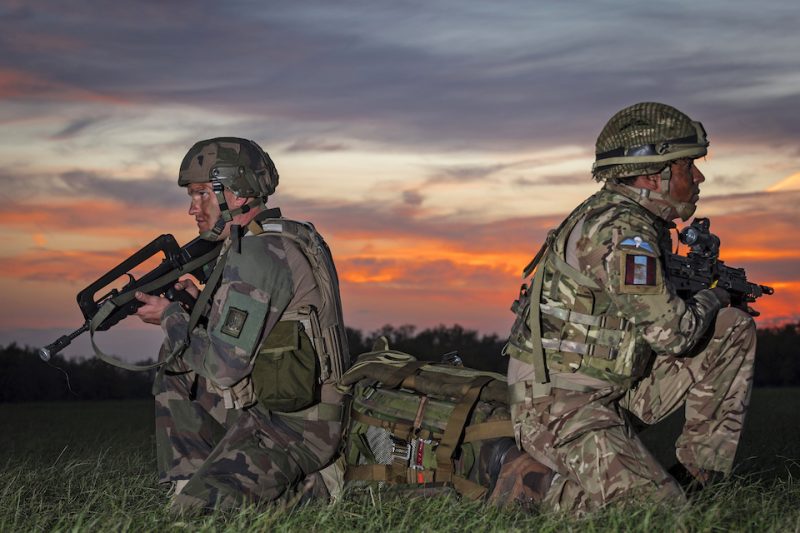OPED By Vaishali Basu Sharma
New Delhi is readying itself to host the G20 or Group of 20, an intergovernmental forum of 19 countries and the European Union (EU) on September 9 and 10 to address major issues related to the global economy, such as international financial stability, climate change mitigation, and sustainable development.
The two-day summit will be held in the presence of more than 40 international leaders, including US President Joe Biden, British Prime Minister Rishi Sunak, French President Emmanuel Macron, Saudi Arabia’s Mohammed Bin Salman, Recep Tayyip Erdogan – the president of Turkey, Prime Minister of Canada Justin Trudeau, South Korean President Yoon Suk Yeol.
The Prime Minister of Bangladesh, Sheikh Hasina, will also attend the summit. Other “guest countries” that will attend the summit include the Netherlands, Singapore, Spain, the United Arab Emirates, Oman, Egypt, Mauritius, and Nigeria.
Massive security arrangements have also been put in place, with 130,000 security officers deployed. One clear threat to the summit is from extremist Khalistani radicals who have been actively vandalizing the Indian government and public property and issuing death threats to high-ranking officials in various Indian missions abroad.
On August 27, pro-Khalistani messages scribbled on five metro stations at various locations in Delhi. Unidentified suspects wrote “Delhi Banega Khalistan” (Delhi will become Khalistan) and “Khalistan Zindabad” (Long Live Khalistan) on the walls of at least five Delhi Metro stations.
Within days, two men responsible for vandalizing the Delhi Metro Property, Pritpal Singh alias Kaka and Rajwinder Singh alias Kale, both operatives of the banned extremist outfit Sikhs for Justice (SFJ), were arrested by Delhi Police after being tracked based on the CCTV footage near the station areas.
According to the Hindustan Times report, SFJ Chief Gurpatwant Singh Pannun had promised to pay the two men $7,000 for the task and had provided an advance payment of $3,500 through Western Union. Kaka and Kale had communicated with Pannun on the Signal app and had contacted him after completing the task.
As soon as the Delhi Police announced the arrest of two operatives, Chief Gurpatwant Singh Pannun issued a threat that, in retaliation, Sikhs for Justice (SFJ) would storm IGI Airport, New Delhi, with Khalistan flags ahead of the G20 meeting.
He also declared a cash reward of INR 0.1 million for information about the families of Delhi Police officers in Canada, the United Kingdom (UK), Germany, Italy, and Australia. In these Western countries, Pannun had organized the Khalistan 2020 referendum and has been actively running a campaign against India and motivating Sikh youngsters in his home state of Punjab to join militancy.
On March 19, 2023, an attack on the Indian High Commission in London was staged by a group of protesters, who pulled down the Indian tricolor flag flying atop the Indian High Commission while waving separatist Khalistani flags.
During a trade ministers’ session at the B20 Summit India 2023 (B20/Business 20 is the official G20 dialogue forum involving the global business community), United Kingdom’s (UK) Business and Trade Secretary, Kemi Badenoch labeled the attack on the High Commission a “disgrace” and highlighted the challenges posed by extremism.
During his visit to India, Tom Tugendhat, UK’s Minister of State for Security, had announced a £95,000 fund to enhance the UK’s capacity in countering “pro-Khalistan extremism.” He said that the UK government is tackling India’s worries over pro-Khalistani activities and will take legal action against any radicalization attempts within the UK.

A week before the August 15 Independence Day celebrations, Sikh for Justice (SFJ) released a poster announcing a reward of $10,000 for providing information about Sanjay Kumar Verma, the Indian High Commission to Canada.
In the video message, SFJ claimed responsibility for graffiti, which read “Haryana Banega Khalistan” (Haryana will become Khalistan), that came up on the walls outside the Sub Divisional Magistrate (SDM) office in Mandi Dabwali in Bathinda District of Haryana on July 31, 2023.
Acting to disrupt India’s August 15 Independence Day celebrations, pro-Khalistan protesters also staged protests at the Indian Consulate in Vancouver, Canada. Some protesters even set an Indian National Flag on fire outside the consulate. Khalistani supporters also protested outside the Indian Embassy in Washington, DC.
Even in Australia, Khalistani extremists staged protests by waving yellow Khalistani flags and posters alongside chanting ‘Anti-India’ slogans at various venues where Indian Independence Day celebrations were taking place.
Since the murder of SFJ’s leader Hardeep Singh Nijjar, alleged to be the head of the Khalistan Tiger Force, in Surrey on June 18, there has been heightened activity by the SFJ.
Part of this is the ‘Kill India’ campaign, announced through posters targeting Indian officials by name, including High Commissioner Sanjay Kumar Verma and the Consul Generals in Toronto and Vancouver.
Sikh diaspora outside India has continued to support the movement through financial support, propaganda, and political lobbying in the countries they reside. The diaspora has used social media to rally support for its Khalistan cause, and referendums are frequently held to rally support for the movement.
During the farmer agitation challenging the constitutional validity of farm laws in Delhi 2021, the central government had evidence that ‘Khalistanis’ had infiltrated the ongoing farmers’ protest on Delhi borders.
It may be recalled that ahead of the G20 meeting in Srinagar from May 22 to 24, several precautionary measures had to be implemented by security forces following reports that terrorists may hit soft targets. There had been an increase in the movement of terrorists in the border districts of Rajouri and Poonch and two separate terrorist attacks around the same time.
The online threats linked to the pro-Khalistan ‘Kill India’ campaign represent a major “escalation” compared to the earlier campaign for rallies at India’s missions in Ottawa, Toronto, and Vancouver.
This escalation, which coincides with India’s Presidency of the G20 and major summit meetings in various cities across the country, poses a significant security threat. As Chair, India must insist that laws be implemented to prevent terrorist groups from operating with impunity on tech platforms, especially social media, to spread radical messages.
G20 nations could lead the way by ensuring that digital propagandists and online recruiters of terrorism groups do not misuse tech spaces. As the current G20 President, India can mount pressure on member nations to counter online campaigns that garner support for extremist agendas such as the one for a ‘Khalistan.’
- Vaishali Basu Sharma is an analyst of strategic and economic affairs. She has worked as a consultant with India’s National Security Council Secretariat (NSCS) for nearly a decade. She is presently associated with the New Delhi-based think tank Policy Perspectives Foundation.
- The author can be reached at postvaishali (at) gmail (dot) com.




